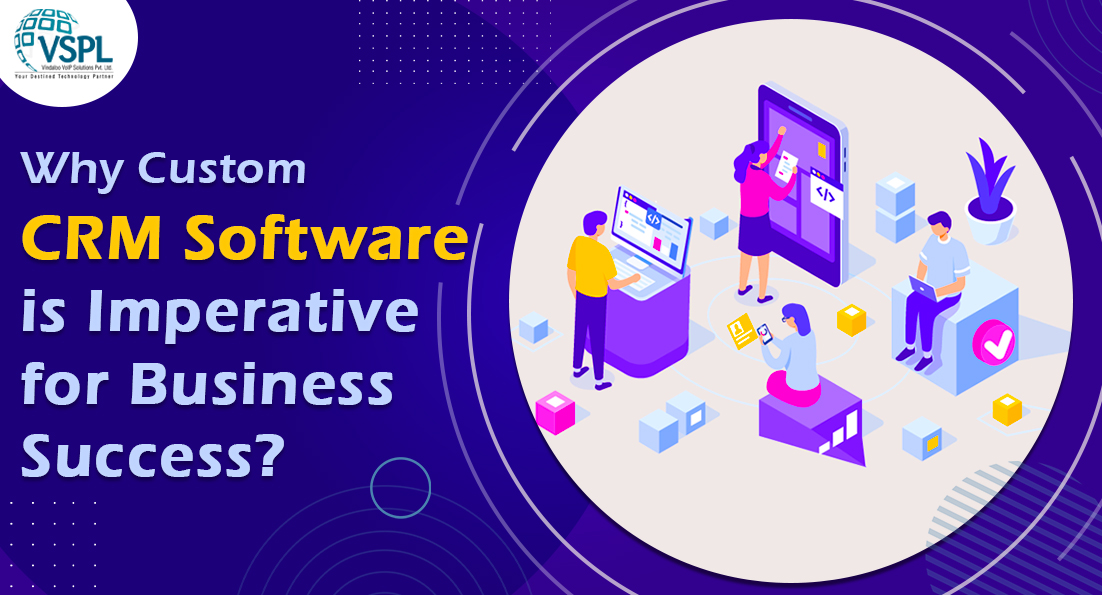
CRM software (Customer Relationship Management) is a set of technologies, techniques, and practices that businesses use to collect and analyse all data about their customers in order to improve service and boost revenue.
Customer data is collected by CRM systems from a variety of sources and channels. All of this data is collected and maintained in a single database so that it can be accessed by all departments, including sales, customer support, and marketing, and used to strengthen customer connections and drive performance. The CRM technology can generate company reports quickly to provide deeper insights into each activity, allowing them to locate new clients faster and keep existing customers satisfied.
CRM software allows businesses to keep track of their customers' contact information, such as names, phone numbers, emails, and addresses, as well as their behaviours, such as purchase preferences, time and duration of store visits, returns, and more.


With the recent lockdown, technology has already made a space in most business operations.
In this scenario, it is evident that software implementation is pulling off almost every task in the office quicker and more efficiently.According to Financial Express, the Indian SaaS market is likely to reach $13-15 billion mark by 2025 from $2.5 billion in 2019.
Some of the credit for this exponential growth can be given to the low hiring costs and readily available talent pool of engineers & customer service reps. A positive addition to this can be an increasing slew of investments in technology.
Let me tell you, the CRM market is worth $44.64 billion today and shows no signs of slowing down.
Experts have predicted that by 2025, the CRM market may touch the $80 billion mark, almost double than today’s CRM industry revenue.
Here are some statistics that can better explain the reason.65%of professionals adopted CRM because of its ease of use.27% of professionals chose CRM for scheduling management.18% of professionals use CRM for its data snapshot capability.2% of businesses find CRM impactful on their bottom line.After implementing CRM, many professionals have realized that there has always been an invisible interstice in their business process, which has been filled by CRM now.

Mastering business processes requires a few things, an updated plan, resources, team and team assistants.
We are talking about the game changer CRM software!Managing the customer is a struggle in itself, retaining customers, handling data, providing the best customer service and raising sales is any organization’s prime goal.
A CRM software helps these organizations attain their goal smoothly but what do you look into a CRM software?
Below are the points that can help you figure out the best CRM software for your organization.
How user friendly is your CRM software?
Accessibility in a CRM softwareIntegration in a CRM softwareData ownershipDemoRead more here: https://ezcrm.in/things-to-consider-before-buying-crm-software/


What is a CRM in real estate?If you're thinking about becoming a real estate broker, a good real estate CRM will likely come in handy to help you manage, attract, and keep clients, expedite transactions, and conclude deals on time.
CRM software for real estate allows organizations to manage and strengthen relationships with their connections, such as leads, potential clients, and current customers.
There are condos, castles, apartments, single-family houses, and other properties in the world of CRM software.You must identify what type of property you are looking for, just as you do for your clients.
This will help you evade misrepresenting the cost of this software and the possible long-term costs.Choose a simple-to-use and fast-to-install CRM It shouldn't be difficult for real estate agents to use a CRM.
You'll be ready to have a CRM that gives alternatives and modules geared to your corporate scenario once you've correctly examined your needs.
By definition, a good CRM keeps data in the cloud and is thus securely available from any place.Choose a CRM for real estate that works with the rest of your software.We understand that when it comes to IT technologies, you're not beginning from zero when looking for a CRM for real estate.


Despite the fact that e-commerce solved a global need to acquire products, even services, without risking contagion businesses had to rapidly transform.
For this reason, regardless of the industry to which it belongs, all companies are technological.It is important to clarify that being a digitized company implies a reconfiguration of the business model to turn it into an aligned, synchronized and ready unit to respond to the constant changes in the consumption habits of the target market and not, as many companies do, to have a site and social media.If your business managed to overcome the challenges of 2021, and you already had a site that offers a good experience to your customers, then you need to implement these three technological tools to continue operating in this new normal.1.
and if managing the business correctly was already complicated, now it is even more so, as we must make the most of all resources.The good news is that Enterprise Resource Planning (ERP)systems exist today.
They are the software that have the ability to take charge of different internal operations of a company, from production to distribution and the vital correct management of inventories.You may think that this type of technology is only used by large companies or the occasional medium, but no.
Now it is a reality that an ERP software system in the cloud is suitable for all types of companies, from multinationals to SMEs.It is due to its dynamism and great advantages that any company, regardless of the different processes it has or the sector to which it belongs, can adopt this software.
Currently, there are providers that specialize in the implementation of ERP in the cloud designed to solve the management and administration needs of SMEs.2.























